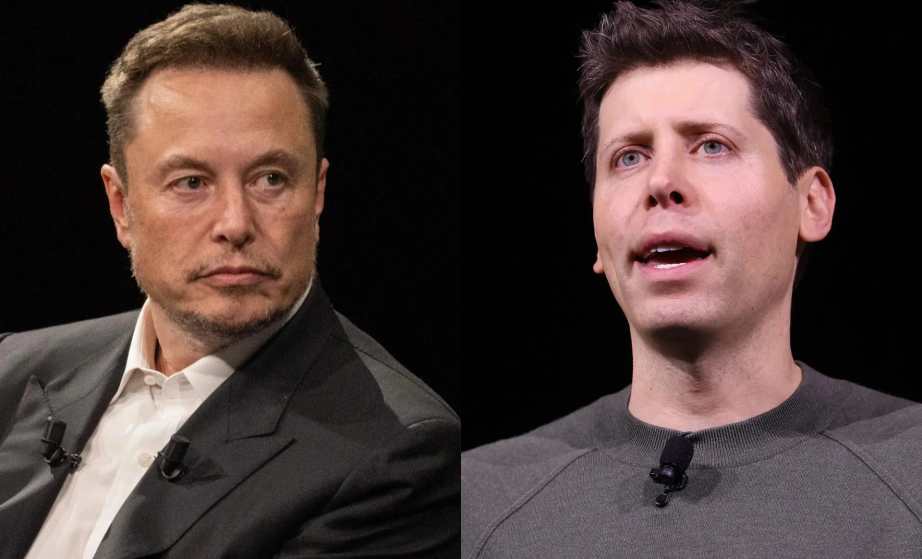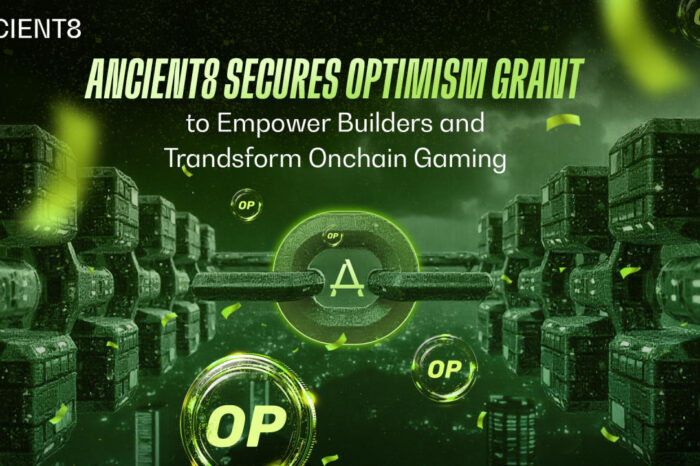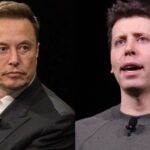Elon Musk vs. OpenAI (again): Musk seeks to block OpenAI’s transition to a fully for-profit business

Just eight months after suing OpenAI and its CEO Sam Altman for “breach of contract” and abandonment of original mission, Elon Musk has now intensified his legal battle to block OpenAI’s transition to a fully for-profit business amid ongoing antitrust allegations.
According to court filings, Musk has requested a preliminary injunction to halt OpenAI’s plans for restructuring. This legal maneuver targets OpenAI, Sam Altman, Microsoft, and several former board members, alleging improper handling of competitive information and violations of the company’s founding non-profit principles.
The complaint also highlights instances of alleged self-dealing, including the use of Stripe as a payment processor, where Altman reportedly has significant financial stakes. Musk further accuses OpenAI of discouraging investors from funding rivals like his xAI venture by imposing restrictive terms.
In their motion for a preliminary injunction, Musk’s attorneys contend that OpenAI should be barred from “benefitting from wrongfully obtained competitively sensitive information or coordination via the Microsoft-OpenAI board interlocks,” CNBC reported.
“Microsoft and OpenAI now seek to cement this dominance by cutting off competitors’ access to investment capital (a group boycott), while continuing to benefit from years’ worth of shared competitively sensitive information during generative AI’s formative years,” the lawyers wrote in the filing.
In response, OpenAI dismissed the allegations, calling Musk’s latest action a repetition of “baseless complaints” and stating that the claims lack merit. In a statement, the company’s spokesperson said:
“Elon’s fourth attempt, which again recycles the same baseless complaints, continues to be utterly without merit.”
Why This Matters
The feud between Musk and OpenAI shows no signs of cooling off. While Musk’s actions have drawn criticism, OpenAI’s rapid rise and complex business dealings have faced their own scrutiny. With a $150 billion valuation in its sights and active fundraising efforts underway, this injunction could disrupt OpenAI’s plans.
Attorneys representing Musk, xAI, and former OpenAI board member Shivon Zilis argue that OpenAI’s practices, such as pressuring investors not to back competitors, are anti-competitive. They also claim OpenAI and Microsoft benefited from sensitive information shared during the early stages of generative AI development.
Musk’s involvement with OpenAI dates back to its inception in 2015, though he relinquished his board position in 2018. Notably, he juggles multiple high-profile ventures, including electric vehicle manufacturer Tesla, space exploration company SpaceX, and his acquisition of Twitter for a staggering $44 billion in 2022.
Background on the Legal Dispute
This is not Musk’s first clash with OpenAI. He initially filed a lawsuit in March 2024 in a San Francisco court before reworking and escalating the complaint to federal court. The “breach of contract” lawsuit contends that Altman and Brockman initially approached Musk with the vision of establishing an open-source, non-profit entity. Musk’s legal team, led by Marc Toberoff, also accused OpenAI of violating federal racketeering laws under the RICO Act.
In a recent update, Musk’s team expanded the case to include accusations that Microsoft and OpenAI violated antitrust laws by creating barriers for competitors like xAI. Microsoft has not provided a statement on the matter.
The Stakes for OpenAI and Microsoft
Musk’s attorneys claim that OpenAI’s alleged practices amount to a “group boycott” preventing xAI and other competitors from accessing essential investment capital. They also described OpenAI as a “Frankenstein” entity, combining various corporate forms to suit financial interests.
Microsoft previously relinquished its observer role on OpenAI’s board, but regulatory scrutiny persists. The Federal Trade Commission (FTC) has been monitoring partnerships between AI developers and cloud service providers, including OpenAI, Amazon, Alphabet, Microsoft, and others. FTC Chair Lina Khan earlier announced a market inquiry into these collaborations to assess their impact on competition.
The Future of AI Competition
Musk’s xAI, launched in July 2023, has already introduced its Grok chatbot and is actively raising funds at a valuation of $50 billion. Part of this funding is expected to go toward acquiring 100,000 Nvidia chips to strengthen its AI capabilities.
The ongoing legal battle between Musk and OpenAI underscores the high stakes in the competitive AI landscape. As both parties gear up for the next phase of this dispute, the outcomes could shape the rules for investment and competition in the AI sector for years to come.
Founded in 2015 by Sam Altman and Elon Musk, OpenAI started as a non-profit research institution aimed to pave the way for safe and beneficial artificial general intelligence (AGI). However, in 2020, it transitioned into a commercial entity, marking a significant shift in its trajectory. Despite internal disruptions in November, including Altman’s temporary departure and subsequent return, the company remains at the forefront of the burgeoning AI market, spurred by the successful launch of ChatGPT in 2022.




